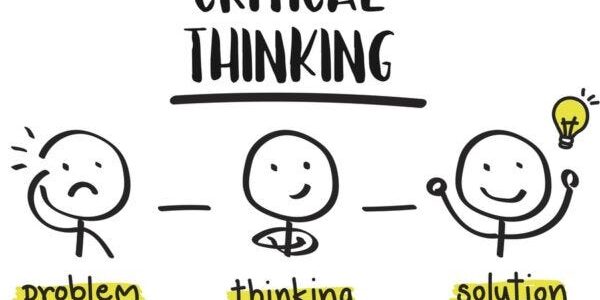Financial literacy plays a pivotal role in fostering critical thinking skills within individuals. It empowers people to analyze, comprehend, and make informed decisions about financial matters, thereby influencing their overall critical thinking abilities.
Understanding financial concepts and principles enables individuals to evaluate and interpret information effectively. For instance, when faced  with various financial options such as loans, investments, or budgeting strategies, individuals with financial literacy can assess the pros and cons of each option, analyze the associated risks, and make sound decisions based on their assessment. This process involves critical thinking skills like problem-solving, decision-making, and logical reasoning.
with various financial options such as loans, investments, or budgeting strategies, individuals with financial literacy can assess the pros and cons of each option, analyze the associated risks, and make sound decisions based on their assessment. This process involves critical thinking skills like problem-solving, decision-making, and logical reasoning.
Moreover, financial literacy encourages individuals to question assumptions, seek evidence, and consider multiple perspectives when dealing with money-related issues. It prompts them to ask relevant questions, evaluate sources of information, and critically analyze financial data before drawing conclusions or making financial commitments.
Furthermore, financial literacy instills a sense of confidence and independence in managing one’s finances. When individuals possess the knowledge and skills to comprehend financial concepts, they are less likely to fall prey to misinformation or make impulsive financial decisions. Instead, they become adept at gathering relevant information, weighing options, and arriving at well-thought-out conclusions—skills that are fundamental to critical thinking.
In essence, the importance of financial literacy in impacting critical thinking lies in its ability to equip individuals with the tools and knowledge necessary to assess, analyze, and make informed decisions about financial matters. By enhancing critical thinking skills, financial literacy contributes to individuals’ overall ability to navigate complex financial situations, make prudent choices, and secure their financial well-being.









